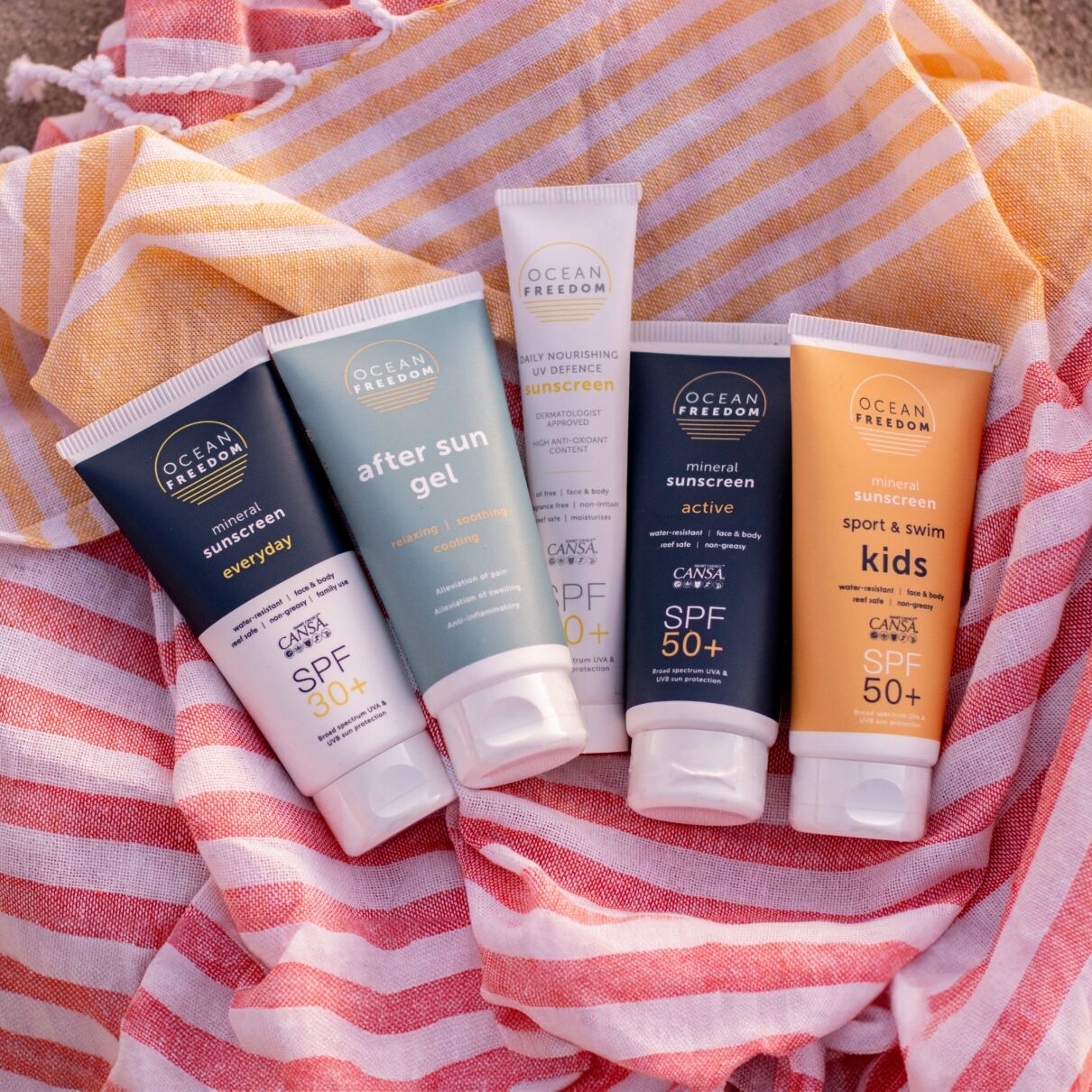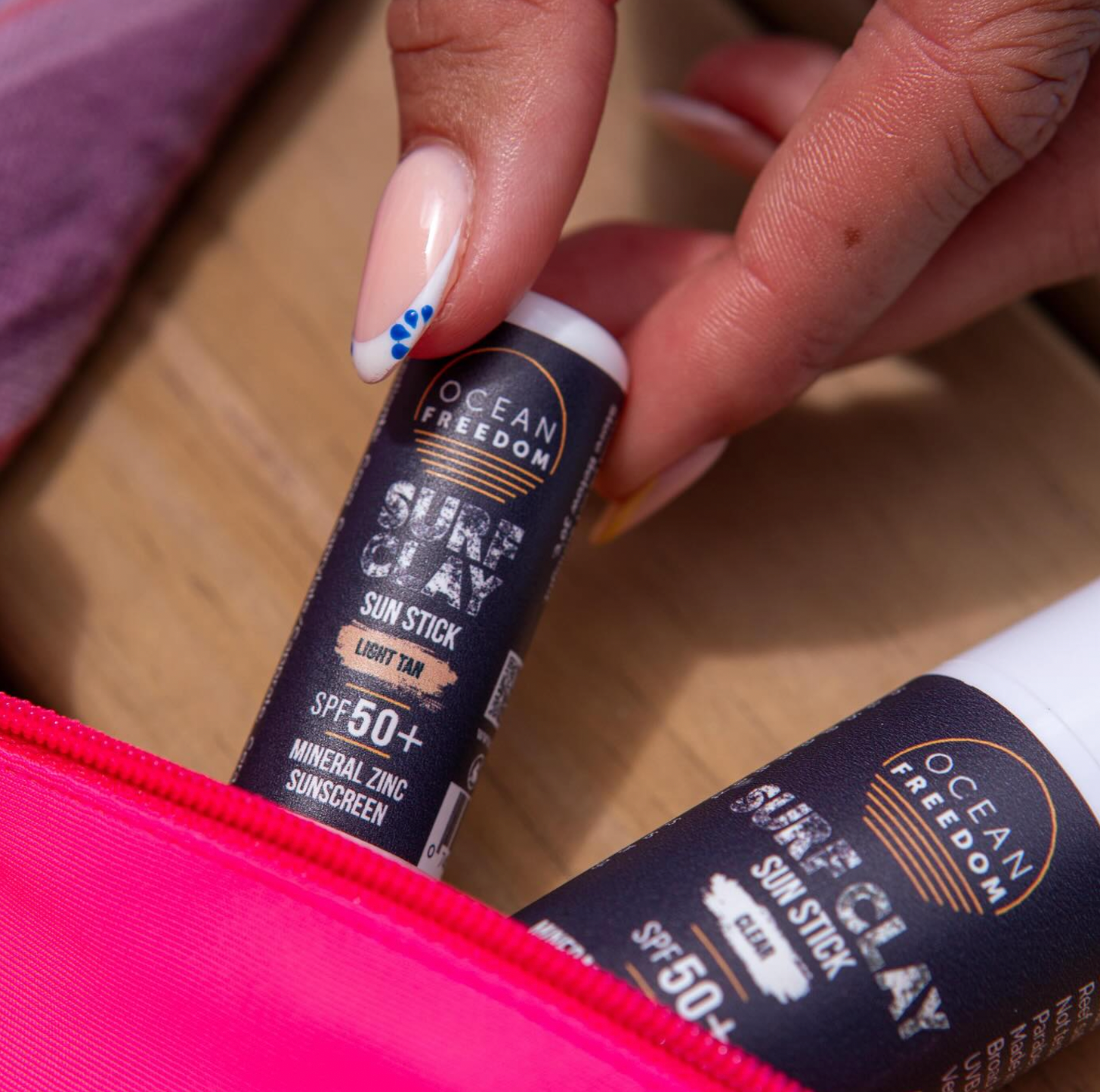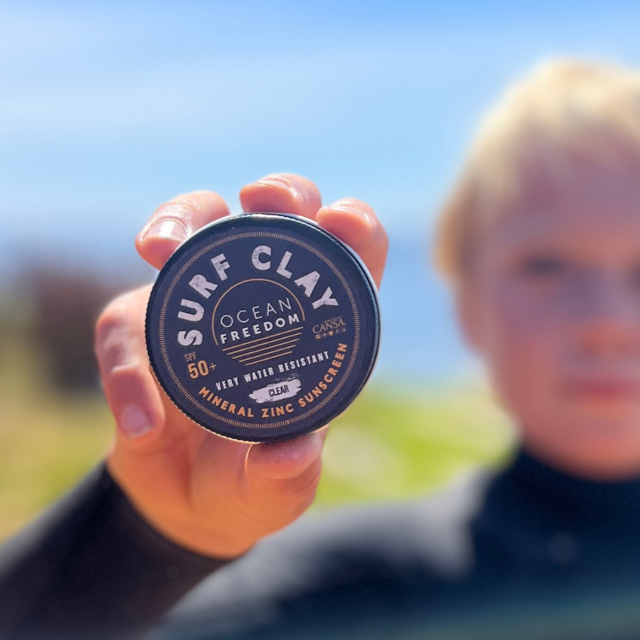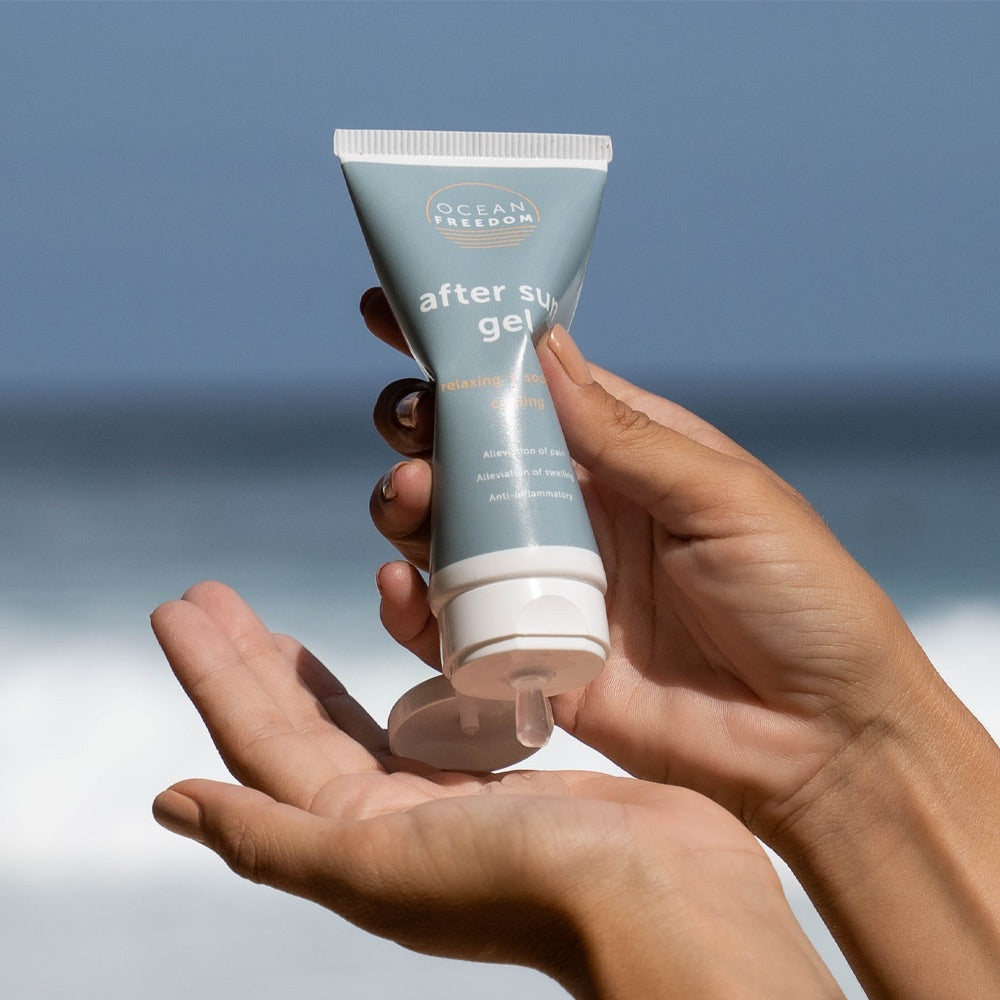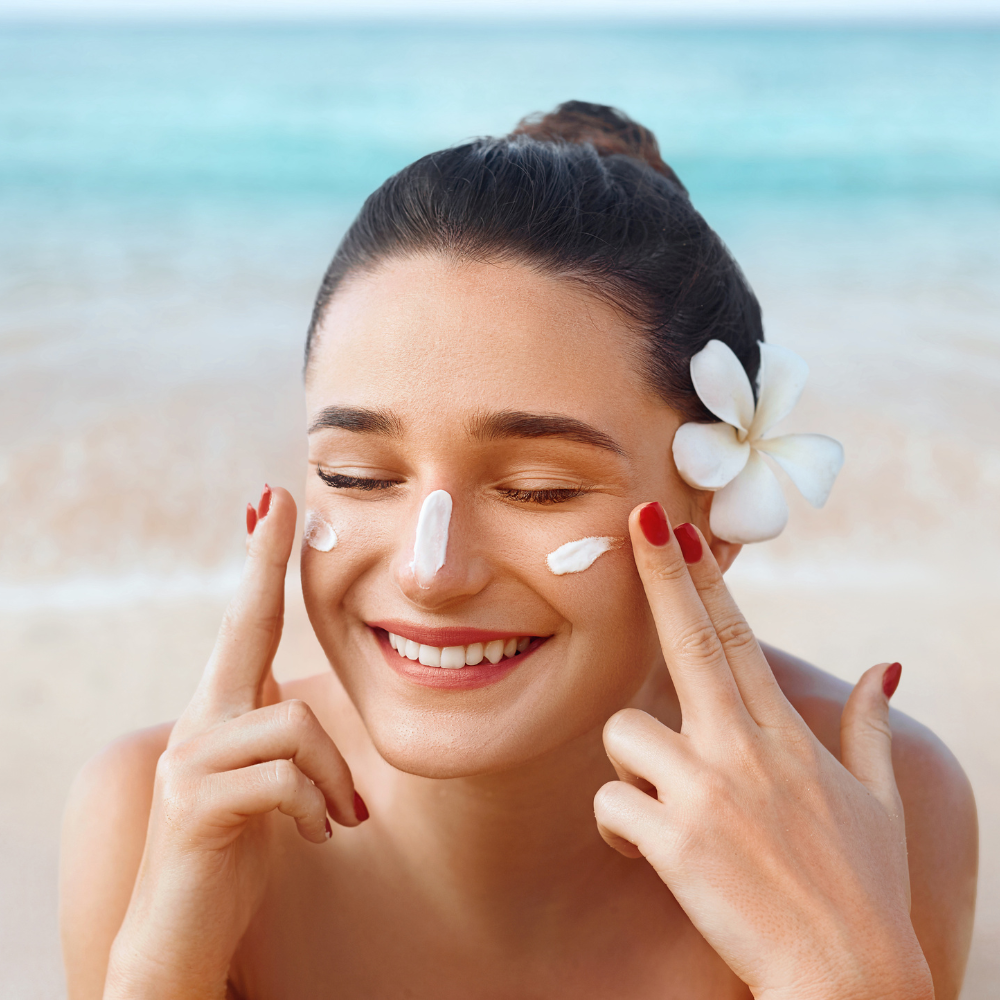Understanding Sensitive Skin: A Complex Dermatological Condition
Dealing with sensitive skin syndrome is a complex task, primarily due to the subjective nature of the symptoms and the absence of easily identifiable signs. Epidemiological studies have revealed that sensitive skin is a prevalent issue, affecting up to 60–70% of women and 50–60% of men. Individuals with this syndrome often endure discomfort when exposed to physical, thermal, or chemical stimuli that would not typically provoke a reaction in healthy skin. Symptoms can include: 1. Redness or inflammation 2. Itchiness or dryness 3. Burning or stinging sensation 4. Rashes or hives 5. Tightness or discomfort, partcularly after being exposed to environmental irritants or using certain skincare products. Choosing the right sunscreen for sensitive skin is crucial. To be considered the "Best sunscreen for sensitive skin," a sunscreen should meet the following criteria:- Fragrance free, Gentle and Non-Irritating: The sunscreen should be free from fragrance and gentle on the skin.It should also be free from harsh chemicals that may irritate the skin.
- Dermatologist-Tested: Sunscreens that are tested and recommended by dermatologists can provide added reassurance. It should be formulated to minimise the risk of allergic reactions, making it suitable for sensitive skin.
- Broad-Spectrum Protection: The sunscreen should provide broad-spectrum protection against both UVA and UVB rays to prevent sunburn and skin damage.
- Physical or Mineral-Based: Mineral sunscreens containing ingredients like zinc oxide or titanium dioxide are often preferred as they sit on the skin's surface and are less likely to irritate.
- Non-Comedogenic: A non-comedogenic formula won't clog pores, reducing the risk of breakouts and irritation, which is vital for sensitive skin.
- Moisturizing and Soothing: Look for sunscreens that also offer moisturizing and soothing properties, which can benefit skin prone to dryness or irritation.
Why are we so passionate about sun protection?
We feel so strongly about sun protection because skin cancer is a real and serious threat that has personally affected many of us, our family members, friends, and our community. The impact of skin cancer on individuals and their loved ones is profound, leading to emotional distress, medical treatments, and, in some cases, loss. Often, there may have been times when knowledge could have led to prevention.
The potential risks of not using sunscreen are significant and should not be underestimated. These include an increased risk of sunburn, premature skin ageing, and skin cancer. Prolonged sun exposure without protection can also lead to sun damage, including wrinkles, sunspots, and loss of skin elasticity. It's essential to use sunscreen to protect your skin from these harmful effects. Remember, prevention is always better than cure.

